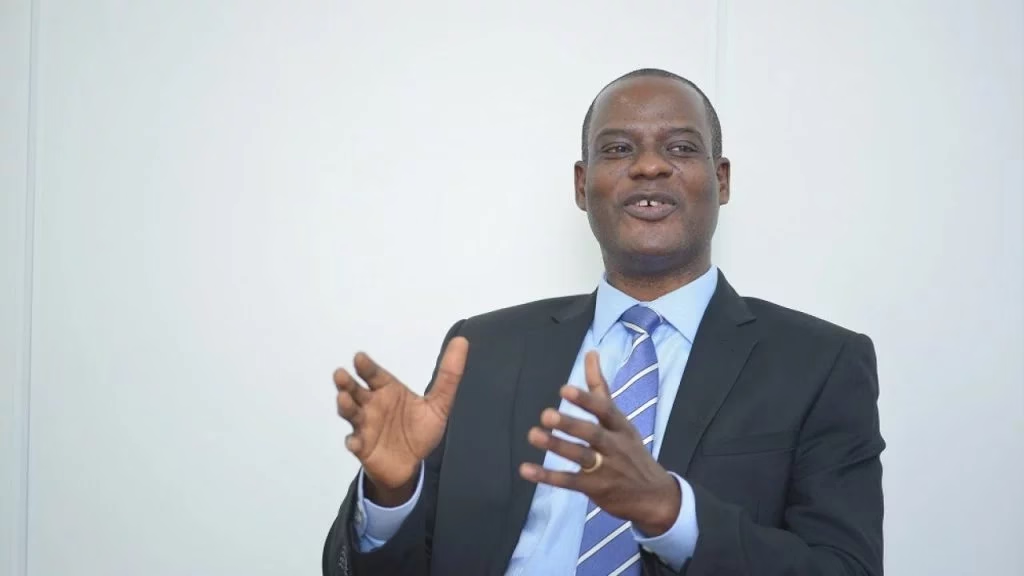Nigeria’s fuel subsidy savings are insufficient to meet the country’s development needs, according to Taiwo Oyedele, Chairman of the Presidential Committee on Fiscal Policy and Tax Reforms. Oyedele made this statement at a capacity-building training on the Nigeria Tax Act in Abuja, emphasizing the need for comprehensive tax reforms to drive sustainable economic growth.
The country’s total annual budget, covering federal, state, and local government expenditures, is less than $50 billion, a figure Oyedele described as inadequate for a nation of over 200 million people. He noted that even without corruption and waste, the available resources are insufficient to transform Nigeria, and that subsidy savings alone cannot deliver the required infrastructure and services.
Oyedele explained that the subsidy regime had pushed the federation to the brink of collapse, with the Nigerian National Petroleum Company Limited withholding remittances and pledging future crude production as collateral to pay for petrol imports. The removal of fuel subsidies since 2023 has yielded some savings, but these are grossly inadequate to address the country’s development challenges.
The chairman stressed that Nigeria’s fiscal space is too small, and that the country needs to reposition its economy through comprehensive tax reforms. He emphasized the importance of exploring alternative revenue sources to support the country’s growth and development. With a large population and significant development needs, Nigeria requires a more sustainable and diversified revenue base to achieve its economic goals.
The call for tax reforms comes as Nigeria seeks to recover from the economic impacts of the COVID-19 pandemic and address its long-term development challenges. The country’s economic growth has been hindered by a range of factors, including a heavy reliance on oil exports, corruption, and inadequate infrastructure. By embracing comprehensive tax reforms, Nigeria can take a crucial step towards achieving sustainable economic growth and improving the living standards of its citizens.
